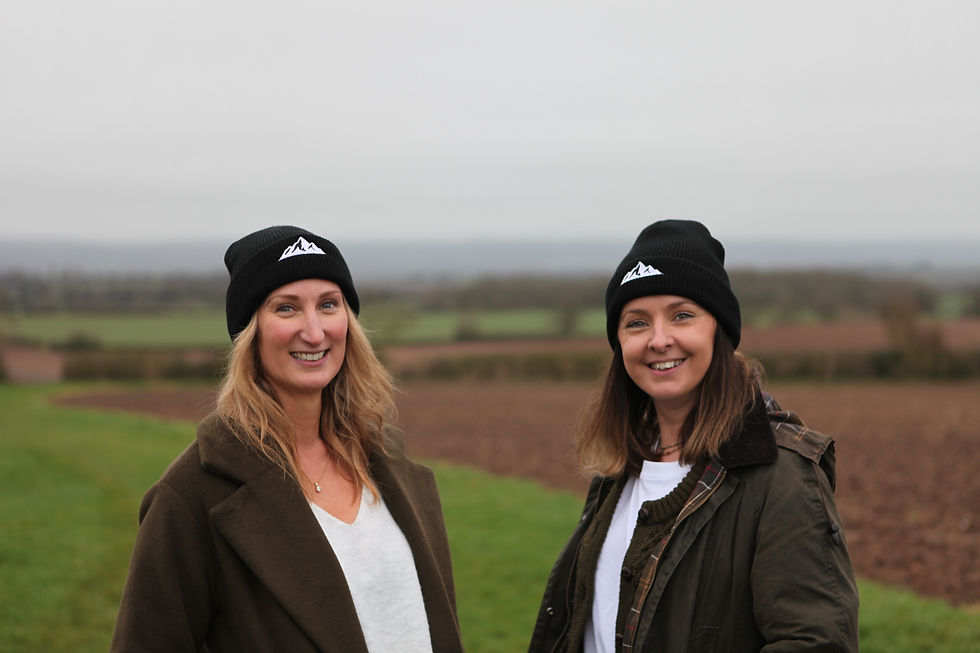Face to Face Training: Foundations for Attachment Programme (Kim Golding, 2015)
- admin29230
- May 28, 2025
- 2 min read
Updated: May 29, 2025

At the heart of a child’s well-being is a secure, trusting relationship with their caregiver, but for children who have experienced trauma, separation, or early attachment disruptions, these relationships can feel difficult or even unsafe. At times, it may feel challenging to know how to navigate and respond to these feelings and that’s where our Foundations for Attachment Programme (Kim Golding, 2015) comes in!
Our Foundations for Attachment Programme is based on the principles of Dyadic Developmental Psychotherapy (DDP), which emphasises the importance of creating a strong and supportive attachment relationship between the child and caregiver (Hughes, 2009;2011). This therapeutic parenting model supports adults caring for children with histories of developmental trauma, and provides a powerful framework to better understand and respond to these children’s emotional worlds.
Delivered face-to-face over three days, the programme introduces the PACE model -Playfulness, Acceptance, Curiosity, and Empathy - as a foundation for building connection and trust. It guides participants through the theory and practice of therapeutic parenting, offering space to reflect, engage in discussion, and develop real-world tools for emotional attunement.
What's Involved?
Day 1: Understanding the Challenges of Parenting
The first day explores the emotional challenges faced by children with trauma histories, such as difficulties with trust, the impact of shame, and the loss of shared emotional understanding (intersubjectivity). Participants begin to unpack how hidden or expressed attachment needs influence behaviour and how this creates unique parenting challenges.
Day 2: Therapeutic Parenting
Day two focuses on developing therapeutic parenting skills and introduces the PACE model - Playfulness, Acceptance, Curiosity, and Empathy - as a way to build emotional safety and connection. Participants learn how to manage behaviour with empathy, strengthen connections, and remain attuned to the child’s emotional world in everyday interactions.
Day 3: Taking Care of Yourself
The final day turns the lens inward, supporting participants in understanding their own attachment histories and the concept of blocked care. This day emphasises the importance of self-awareness and self-care for adults working in emotionally demanding roles, helping to ensure sustainability in therapeutic parenting approaches.
Why it Matters
Our Foundations for Attachment Programme empowers caregivers and professionals to move beyond behaviour management and into deeper, relational support. It offers a hopeful, trauma-informed approach where healing is rooted not in control, but in connection.
For more information or to book Foundations for Attachment training for your home, head to our website: https://www.therapeuticblueprint.com/face-to-face-training






Comments